Chapter 13
Bureaucracy
By Boundless
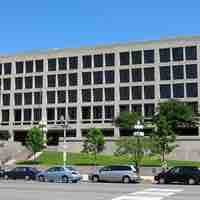
Bureaucracy may be defined as a form of government: government by many bureaus, administrators, and petty officials.

The size of federal bureaucracy has been steady despite the government's claims of cutting the role of government.

As modernity came into place in the Western hemisphere, the growth of bureaucratization came into place.
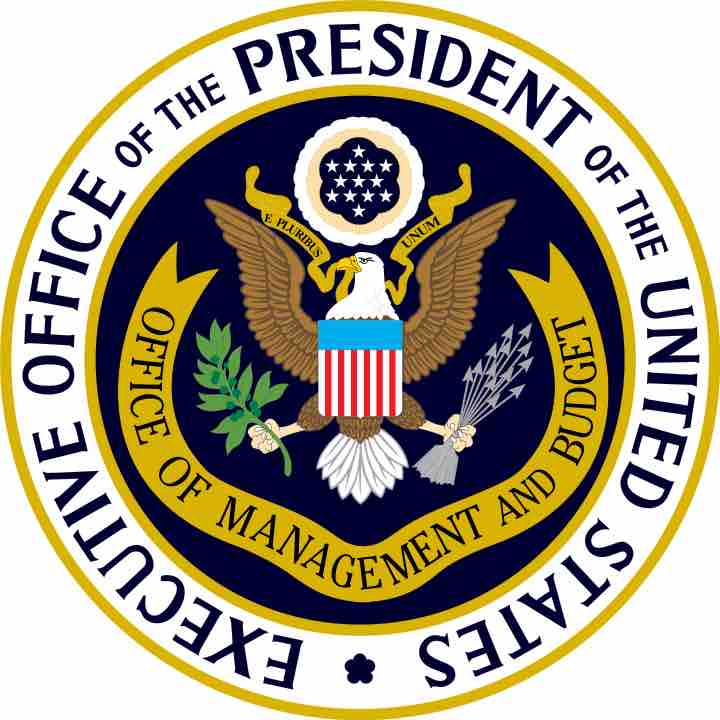
The cost of maintaining the United States government is a lengthy budgetary process, requiring approval from many governmental committees.

Public and private bureaucracies both influence each other in terms of laws and regulations because they are mutually dependent.

Bureaucracies have different type of models, depending upon their governmental organizational structure.
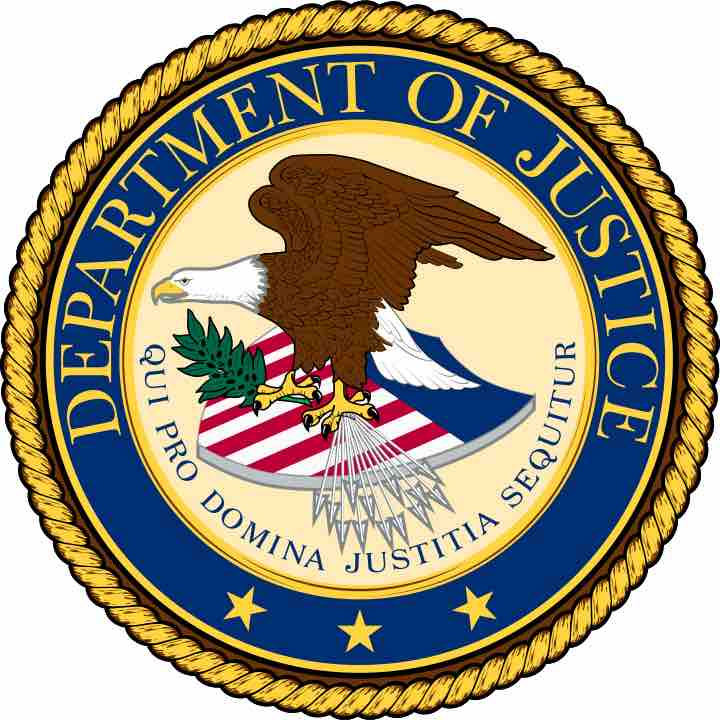
The cabinet is the collection of top-ranking advisors in the executive branch of government, particularly executive department secretaries.

Independent executive agencies operate as regulatory and service agencies to oversee federal government functions.

Independent regulatory agencies create and enforce regulations to protect the public at large.
Government corporations are revenue generating enterprises that are legally distinct from but operated by the federal government.
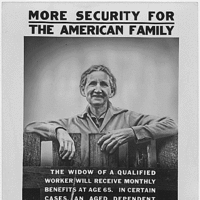
Social welfare programs seek to provide basic social protections for all Americans.

National security is the protection of the state through a variety of means that include military might, economic power, and diplomacy.
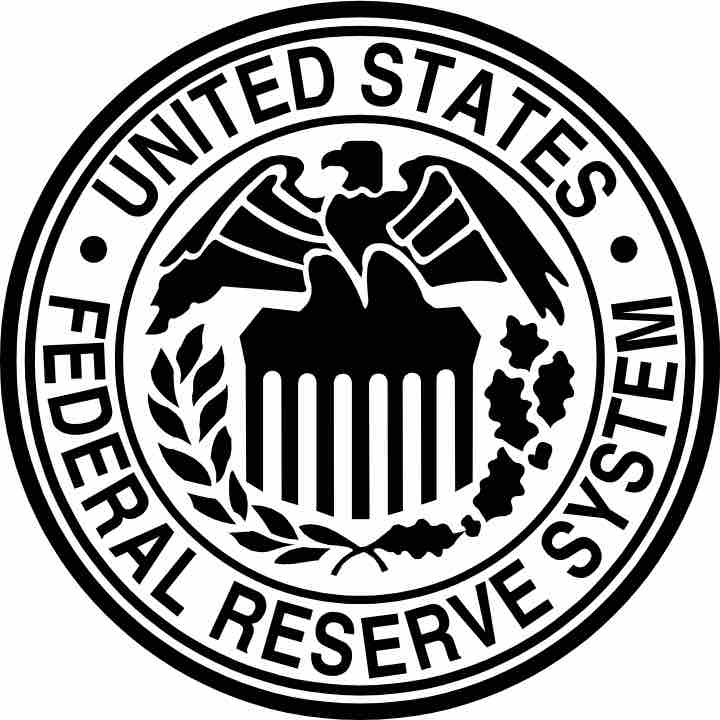
Within the United States, there are numerous government departments and agencies responsible for maintaining a strong economy.

The actual development and implementation of policies are under the purview of different bureaucratic institutions.
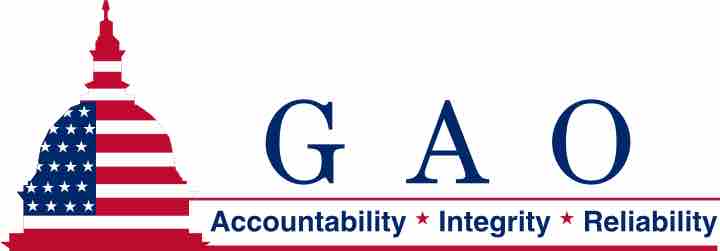
The institution responsible for ensuring that government agencies are held accountable is the Government Accountability Office (GAO).
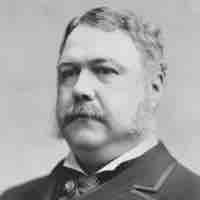
Bureaucratic reform in the U.S. was a major issue in the late 19th century and the early 20th century.
Bureaucratic reform includes the history of civil service reform and efforts to curb or eliminate excessive bureaucratic red tape.

Devolution is the statutory granting of powers from central government to government at a regional, local, or state level.
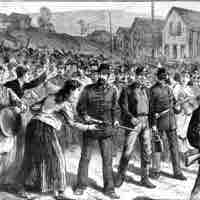
Privatization is the process of transferring ownership of a business from the public sector to the private sector.

The Sunshine Laws enforce the principle of liberal democracy that governments are typically bound by a duty to publish and promote openness.

A sunset provision is a measure within a statute that provides that a law shall cease to be in effect after a specific date.
Efficiency is the extent to which effort is used for a task and productivity is the measure of the efficiency of production.
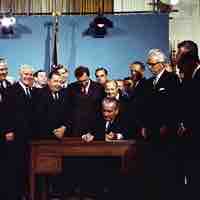
There exist several U.S. laws protecting whistleblowers, people who inform authorities of alleged dishonest or illegal activities.